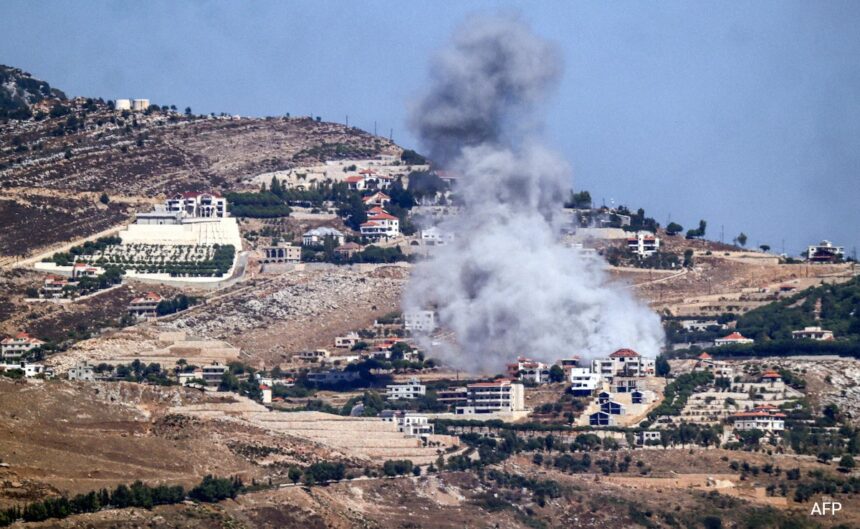Lebanese Prime Minister Nawaf Salam has issued a dire warning about the escalating tensions between Lebanon and Israel, expressing concerns that the situation could spiral into a full-blown conflict. The recent rocket attacks launched from Lebanese territory have heightened the risk of renewed military operations along the southern border, which could have devastating consequences for Lebanon and its people.
In a statement, Prime Minister Salam emphasized the dangers of military escalation and the potential for a new war to break out. He stressed the importance of taking all necessary security and military measures to demonstrate Lebanon’s sovereignty in decision-making regarding war and peace.
The Israeli army chief, Eyal Zamir, has also made strong statements in response to the rocket attacks, vowing severe retaliation and holding Lebanon responsible for maintaining peace along the border. The fragile ceasefire that ended the previous conflict between Israel and Hezbollah is now at risk of collapsing due to the recent surge in violence.
Former Israeli Defense Minister Avigdor Lieberman has criticized Prime Minister Netanyahu for failing to ensure security in the face of ongoing rocket attacks from Gaza, Yemen, and now Lebanon. Lieberman’s condemnation of Netanyahu as a threat to Israel’s security underscores the gravity of the situation and the urgent need for de-escalation.
In response to the cross-border rocket fire, Israel has launched retaliatory airstrikes and artillery attacks, further exacerbating tensions in the region. The recent escalation has raised concerns about the potential for a new war to erupt, with Lebanon’s Prime Minister Salam reiterating his fears of being dragged into a conflict against his country’s will.
The situation remains precarious, with both sides on high alert and the risk of a dangerous escalation looming large. The international community has called for restraint and dialogue to prevent further violence and protect the fragile peace in the region. It is crucial for all parties involved to prioritize diplomacy and peaceful resolution to avoid the devastating consequences of another war in the Middle East.








